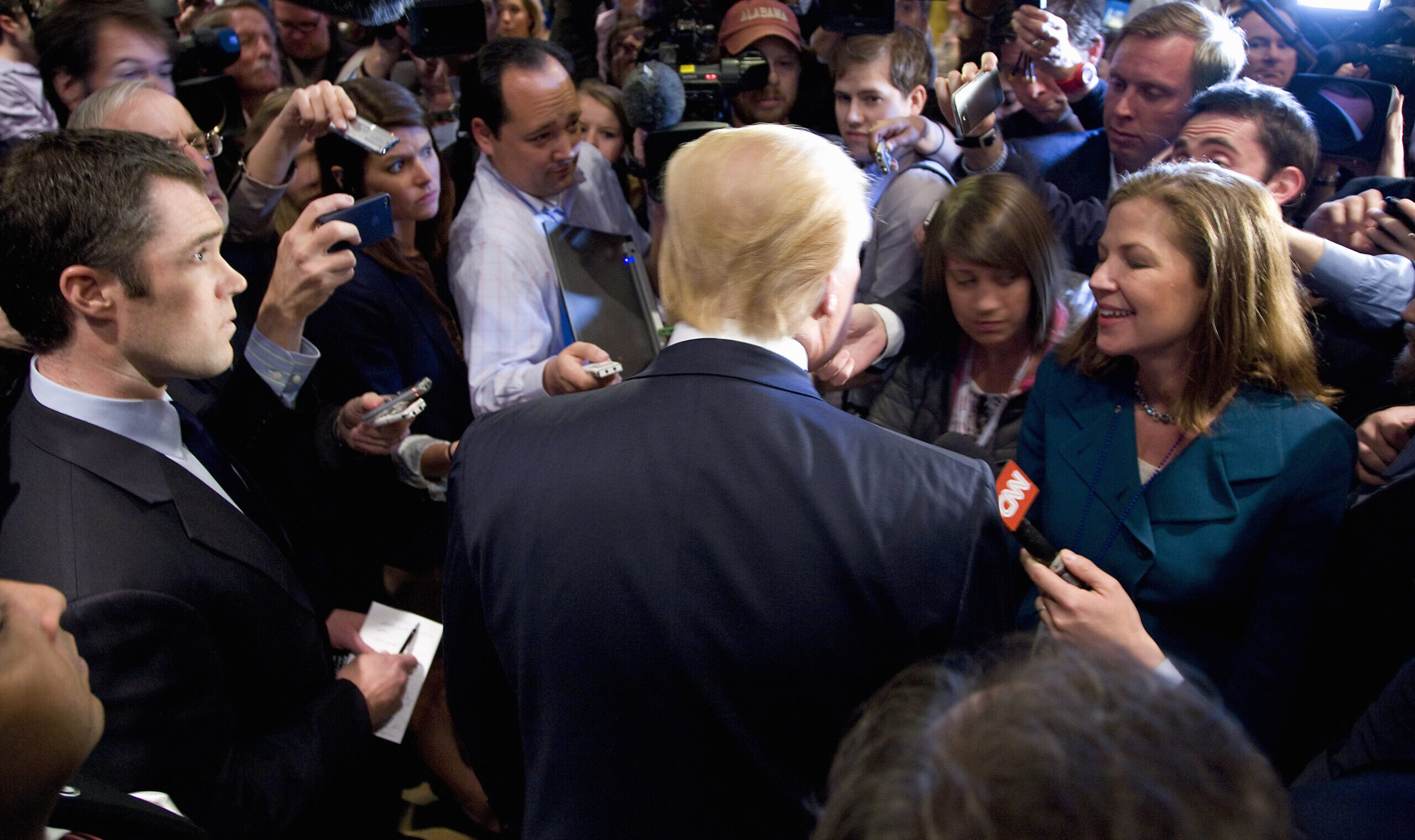Rubio’s “Bipartisan” Foreign Policy Speech and the Reasons He Didn’t Mention Iraq
Conor Friedersdorf also found Rubio’s speech yesterday to be awful, and he noticed that Rubio avoided any mention of the Iraq war:
The Senator from Florida has given a lengthy address about the wisdom of American intervention without so much as acknowledging the most consequential foreign intervention that we’ve undertaken in decades.
Conor says that Rubio skipped over this because the Iraq war is an embarrassment to the foreign policy tradition he is trying to represent, and that may be why Iraq goes unmentioned, but I’m not so sure. The adherents of the ideology Rubio has adopted are still mostly convinced that the invasion was a good idea, and Rubio has been keen to align himself with three of the most prominent Iraq war dead-enders still in the Senate. If there’s anyone from the election class of 2010 willing to repeat defenses of the Iraq war, it would be Rubio. It might be politically smarter for these interventionists to pretend that the Iraq war never happened, but they can’t keep themselves from trying to find vindication for the blunder and enormous crime that the Iraq war was. Just consider the example of the embarrassing neoconservative “Iraq war caused the Arab Spring” bandwagon. I submit that the omission of Iraq from the speech wasn’t from any sense of shame.
When Rubio praised illegal U.S.-led coalition warfare overseas, the example he chose was Kosovo, which is still regarded in Democratic circles to be a “good” and successful use of military force. It was more useful to Rubio’s immediate argument to use Kosovo as the example of a war that the U.S. waged without U.N. authorization. Kosovo was relatively low-cost, it has none of the baggage associated with the Iraq war, and it has been invoked repeatedly in the debates over Libya and Syria. If one wants to argue that it is necessary and appropriate to ignore the U.N., Kosovo is a better example to use than Iraq.
My guess is that another reason for mentioning Kosovo and ignoring Iraq was to minimize the differences between Democratic and Republican hawks. He was endorsing the idea of a bipartisan consensus in favor of military interventionism that had been intact in the ’90s and early 2000s until the Iraq war badly damaged it. Appearing alongside Lieberman and mentioning Truman, Kennedy, and Jackson at the beginning of his speech were probably intended to validate Lieberman’s criticism of the post-Iraq direction of the Democratic Party. Viewed this way, we could see Rubio’s introduction by the outgoing Joe Lieberman as an initiation of Rubio as the latest member of a tradition of militaristic Senators eager to work with other members of the other party in order to start foreign wars. Rubio’s speech truly was “bipartisan” in that sense. If that’s right, perhaps Rubio didn’t need to mention Iraq to send the same message. By praising Lieberman, the only Iraq war dead-ender to have come from the Democratic Party, Rubio was affirming Lieberman’s past positions on foreign policy.
